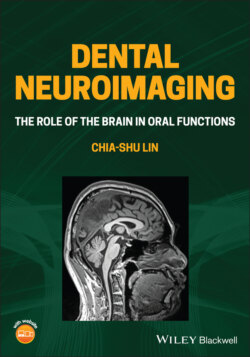Читать книгу Dental Neuroimaging - Chia-shu Lin - Страница 24
1.1.3.1 The Tradition of ‘Dentists as Surgeons’
ОглавлениеA discussion of early dental education will not be complete without mentioning the contribution from Pierre Fauchard, widely recognized as the Father of Modern Dentistry, with the first textbook of dentistry Le Chirurgien Dentiste (‘The Surgeon Dentist’) published in 1728. As the name suggests, dentistry is the discipline of managing dental diseases with a surgeon's training. Notably, in this book, Fauchard has extended the professional domain of dentists from ‘teeth’ to the oral cavity (including the soft tissue). The new profession, a ‘surgeon dentist’, is different from a ‘toothpuller’ in the seventeenth to eighteenth centuries (Lynch et al. 2006). Though he also emphasized the relationship between oral and systemic diseases (Lynch et al. 2006), the primary task for dentists is to fix the structural deficits of the oral cavity, such as restoring a decayed tooth or replacing the missing teeth with a denture. All the jobs require dentists to be capable of performing complicated surgical skills.
An over‐focus on the surgical skills of dental treatment, however, had gradually received criticism since the early days when dental education became an independent discipline. As pointed by Eugene Talbot early in 1900:
The result is that study of the general diseases which affect the mouth, jaws and teeth have been neglected. Limitations of a dental education have prevented the dentist from associating local diseases with systemic causes.
(Talbot 1900)
The statement corresponds to the degree delivered for this new profession, namely Doctor of Dental Surgery (DDS), at Talbot's time. He further showed the concern that ‘… the graduate of dental surgery is not competent to associate systemic diseases with their effects on the teeth, nor is he capable of appreciating systemic lesions due to overtreatment of pathologic conditions of the teeth’ (Talbot 1900). The gap between a dentist and medical knowledge would make dentists ignore the systemic condition of patients – moreover, the ignorance may further exacerbate systemic health when dentists ‘overtreat’ patients (Talbot 1900).
